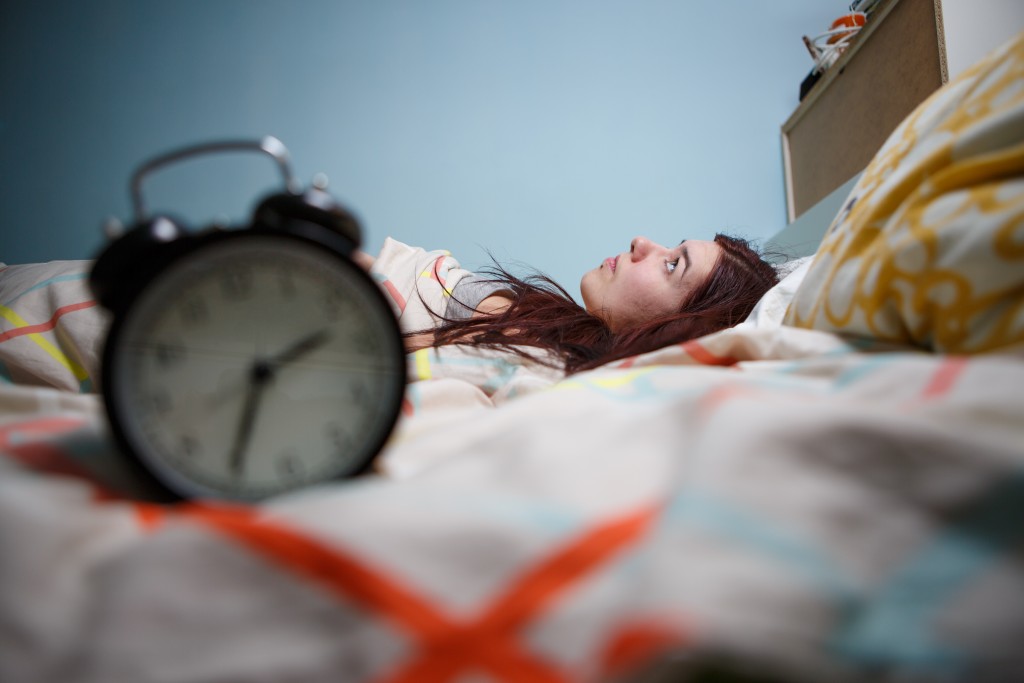A good night’s sleep is essential to rejuvenating and repairing all your body’s functions. Getting enough sleep protects your physical health, enhances your memory, and improves your overall quality of life.
Taking the benefits of sleep to heart, you have committed yourself to achieve six to eight hours of sleep every day. But what if the urge to urinate wakes you up frequently at night?
Understanding Nocturia
Nocturia is a condition defined as the need to urinate more than once after you have hit the sheets. Getting up once to relieve your bladder during sleeping hours is normal, but when it happens two or more times, it already disrupts your sleep cycle. Many nights of sleep disruption could affect your quality of life.
Singaporean urology practice Tan Urology lists down the potential problems that may arise from nocturia:
- Daytime fatigue
- Adverse effects on work performance
- Reduced vitality
- Increased risk for night-time fracture and falls
- Sleep disruption for your spouse
Why Do You Urinate Frequently at Night?
Good question. Remember that tea you sipped before sleeping? Or the glass of wine you had while watching movies after dinner? Or the glass of water you drank with your night medication? All of these do not cause nocturia directly, but they can contribute to a full bladder. Nocturia is often associated with other lifestyle disorders or medical conditions.
Consider the following factors that can cause the condition:
- Drinking before bedtime. Drinking too much or too close to bedtime, especially caffeinated drinks or alcohol can cause frequent night-time urination. Use the bathroom before you go to sleep or avoid drinking immediately before turning in.
- Medications. The dose or timing of certain medicines (e.g. cardiac glycosides, diuretic medicine, methoxyflurane, and lithium) may also trigger nocturia. In case you lose your ability to control your urges due to your prescription, consult your doctor immediately.
- Infections. Bladder infections or urinary tract infections can cause frequent trips to the bathroom at night, as well as a burning sensation while you pee.
- Sleep disorder. If you have chronic pain, restless leg syndrome, depression, or sleep apnoea, you may experience the urge to urinate when you wake up in the middle of the night.
- Pregnancy. As your baby grows inside your womb, it presses against the bladder, creating discomfort and making you want to urinate.
Addressing the Need to Urinate Often at Night

First, inform your doctor. Provide them with a record of bladder patterns and sleep habits so that they can rule out other possible health conditions. Your doctor might require you to take a blood test, urinalysis, or an ultrasound. They might also refer you to a sleep clinic.
If you are in good health, adopting a few lifestyle changes might resolve your nocturia. Examine what you eat two to four hours before you sleep. As mentioned, alcohol and caffeine increase your need to urinate. If you do drink them, take them at least six hours before you sleep.
Finally, maintain a healthy weight. Excess weight puts pressure on your bladder, which increases your chances of waking up in the middle of the night to pee.
You deserve a good night’s rest. Make sure you enjoy a peaceful sleep by dealing with nocturia immediately.

